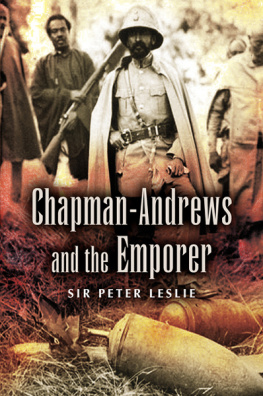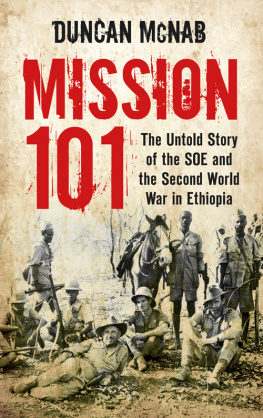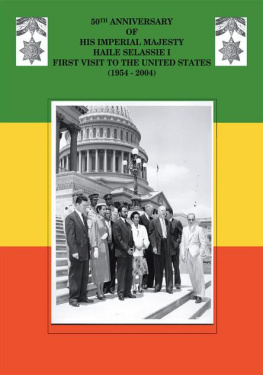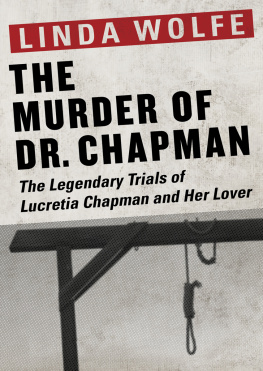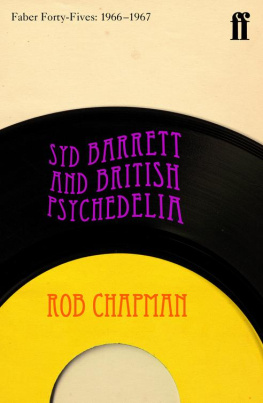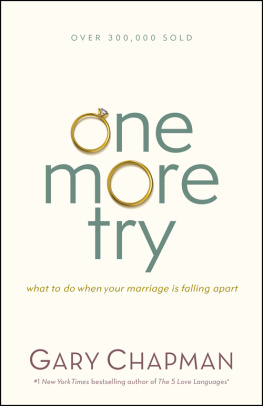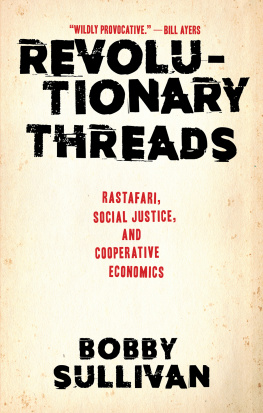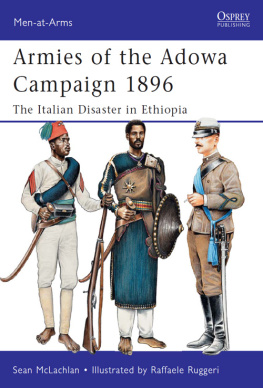
First published in Great Britain in 2005 by
Pen & Sword Military
an imprint of
Pen & Sword Books Ltd
47 Church Street
Barnsley
South Yorkshire
S70 2AS
Copyright Peter Leslie, 2005
ISBN 1 84415 257 X
PRINT ISBN: 9781844152575
ePub ISBN: 9781844683451
PRC ISBN: 9781844683468
The right of Peter Leslie to be identified as Author of this Work has
been asserted by him in accordance with the Copyright,
Designs and Patents Act 1988.
A CIP catalogue record for this book is
available from the British Library
All rights reserved. No part of this book may be reproduced or
transmitted in any form or by any means, electronic or mechanical
including photocopying, recording or by any information storage and
retrieval system, without permission from the Publisher in writing.
Typeset in 11/13 Sabon by
Phoenix Typesetting, Auldgirth, Dumfriesshire
Printed and bound in England by
CPI UK
Pen & Sword Books Ltd incorporates the Imprints of Pen & Sword
Aviation, Pen & Sword Maritime, Pen & Sword Military, Wharncliffe
Local History, Pen & Sword Select, Pen & Sword Military Classics and
Leo Cooper.
For a complete list of Pen & Sword titles please contact
PEN & SWORD BOOKS LIMITED
47 Church Street, Barnsley, South Yorkshire, S70 2AS, England
E-mail:
Website: www.pen-and-sword.co.uk
Glossary
| Amh: | There are widely different transliterations of Amharic terms: those used by Chapman-Andrews have generally been followed here. |
| Arab: | Arabic; often colloquial Sudanese terms. |
| Ind: | Indian; Indian terms were often in widespread use in the Middle East and Africa. |
| Abba | amh | A priest |
| Abuna | amh | Coptic Archbishop - appointed from Alexandria |
| Amhara | amh | Ethiopian ruling group, hence Amharic, the language |
| Azaj | amh | Commander |
| Banda | amh | Irregular Ethiopian units, usually part of Italian forces |
| Bandararchin | amh | Our Flag - Allied propaganda news-sheet in 1940/1 |
| Bimbashi | arab | Egyptian Army title company officer-usually British |
| Dafardar | ind | Indian Army term for NCO |
| Dejazmatch | amh | Ethiopian Military title sometimes translated as General |
| Dergue | amh | Group of officers who ruled Ethiopia from 1975 |
| Dhobi | ind | Laundry or washing |
| Echege | amh | The senior Ethiopian post in the Church, also Itcheguey |
| Fitaurari | amh | Ethiopian Military Title, equivalent to Commander |
| Fukara | amh | A Rally e.g. to greet the Emperor |
| Ful Sudani | arab | Sudanese dish of beans |
| Gibbi | amh | Noblemans residence used of Imperial Palace in Addis Ababa |
| Gumz | amh | Nilotic tribe living on Sudanese/Ethiopian Gojjam border |
| Hamla | arab | Literally a load. In this context a camel caravan made up of a number of camels and their herds. |
| Hamlagia | arab | A unit, usually of ten men, of camel transport men |
| Ingerra | amh | A sort of pancake-like bread made from grain |
| Itcheguey | amh | see |
| Kaid | arab | General Officer Commanding, in Sudanese Army |
| Kenyasmatch | amh | Ethiopian Military title, often Commander of Imperial Bodyguard |
| Khor | arab | Dry river bed |
| Lij | amh | Ethiopian nobles title, sometimes translated as Prince or the Honourable |
| Murasla | arab | Guard or servant |
| Negus | amh | King |
| Negus Negast | amh | King of Kings, hence Emperor |
| Ras | amh | An Ethiopian Noble title, sometimes translated as Duke |
| Raz | arab | A unit of measure |
| Shankalla | amh? | A tribe from Western Gojjam |
| Shid | arab | A days camel caravan march |
| Shifta | amh | Ethiopian Bandit |
| Tej | amh | An Alcoholic mead made from fermented honey |
| Wat | amh | An Ethiopian dish, very spicy. |


Introduction
Sir Edwin Chapman-Andrews had always intended to write up some of the more interesting and historic parts of his life and to that end had kept a variety of papers, letters and other records. After his retirement he planned to write some sketches on three men who had played an important part in his life: Wingate, Thesiger and Boustead, but retirement turned out to mean a life full of business interests and charitable work and time slipped by. When in his 70s he started sketching in outline how he might bring together his own memoirs, he realized from enquiries at the Foreign Office how many records had been destroyed or weeded, which he told an old colleague was really quite scandalous, and how much work would be involved. By then his health was failing and in 1977 he suffered a stroke from which he never really recovered. On his death in 1980 Lady Chapman-Andrews was approached about Sir Edwins records and consulted me, as I had married Charlotte, their elder daughter, five years before. It is only now that I am fully retired that I have been able to discharge my promise to her to take on the work of writing them up; she had died in our house in 2002, aged 97.
I have called this book Chapman-Andrews and the Emperor since Haile Selassie and Ethiopia filled such a long and central role in his life, including the dramatic march with the Emperor under Gideon Force to recover his country in 1941, covered in his diary. It is no coincidence that the three names of Wingate, Thesiger and Boustead were all associated with those days. I have also tried to use his own words, wherever possible, whilst bringing in the other records which he had carefully retained, particularly concerning his service in Egypt and the Sudan. What is missing is his own intimate knowledge and his own elegant and forceful prose. Sir Edwin was, as diplomat, famously discreet and kept confidential information within his own remarkable memory and only rarely in his papers. I have tried to give the story historical form and to provide such notes as I felt necessary to give coherence and explanation. Whilst I have made use of the many books on the period, I have not undertaken much original research, but have relied particularly on three very valuable sources: Thesigers The Life of My Choice, Anthony Mocklers Haile Selassies War and David Shirreffs Barefoot and Bandoliers, which gives a first-rate and thorough account of Gideon Force, particularly from the military point of view.
Haile Selassies personality commanded the respect and admiration of many British people in a way not easy to explain. Sir Edwin was a very loyal British public servant and wrote that he learned early on not to become attached to places or indeed foreigners (except for dear old Haile Selassie), but it is clear from this story how much the Emperor meant to him. However, there is no doubt that his own loyalty was to the British Government and that he was well aware that the Emperor kept his own cards close to his chest and had only one ambition: to keep Ethiopia independent and under his control, whilst happy to make use of others. Sir Edwin would have been happy that he did not long outlast the Emperor whose fate he greatly mourned.
Next page
